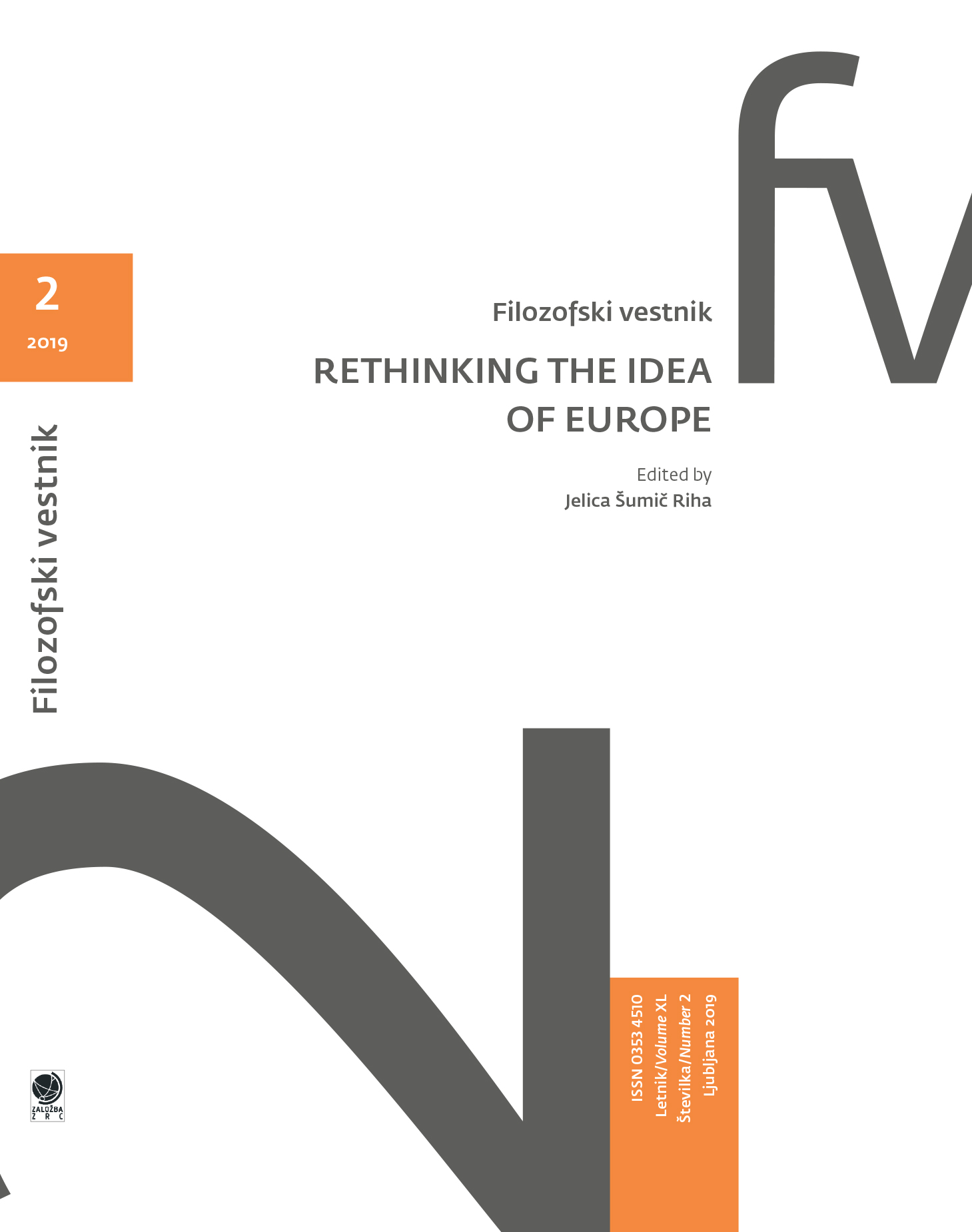Ideas and Their Destinies: Enlightenment, Communism, Europe
Keywords:
idea of Europe, Enlightenment, political subject, progress, populism, Immanuel Kant, Alain Badiou, Jürgen HabermasAbstract
This article addresses the discussions on the idea of Europe in the aftermath of the series of crises that have hit the project of European integration over the last decade. It does so via problematising the ambivalent structure of political ideas more generally, with emphasis on the tension between the gradual continuity of progress and the discontinuity implied by emancipatory political subjectivation. The article analyses this tension first in Kant’s writings on the Enlightenment (and the contemporary calls for a return to the legacy of Enlightenment) and then in Badiou’s text on the idea of communism. These analyses open the perspectives from which the discussions of Europe are finally examined: beyond serving as a reservoir of values used for proposing institutional reforms and launching new narratives, how does the idea of Europe feature as a stake in processes of political subjectivation?
Downloads
Downloads
Published
How to Cite
Issue
Section
License
Authors guarantee that the work is their own original creation and does not infringe any statutory or common-law copyright or any proprietary right of any third party. In case of claims by third parties, authors commit their self to defend the interests of the publisher, and shall cover any potential costs.
More in: Submission chapter





